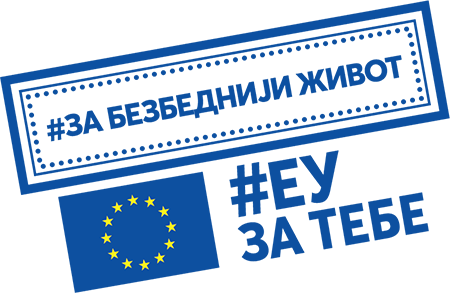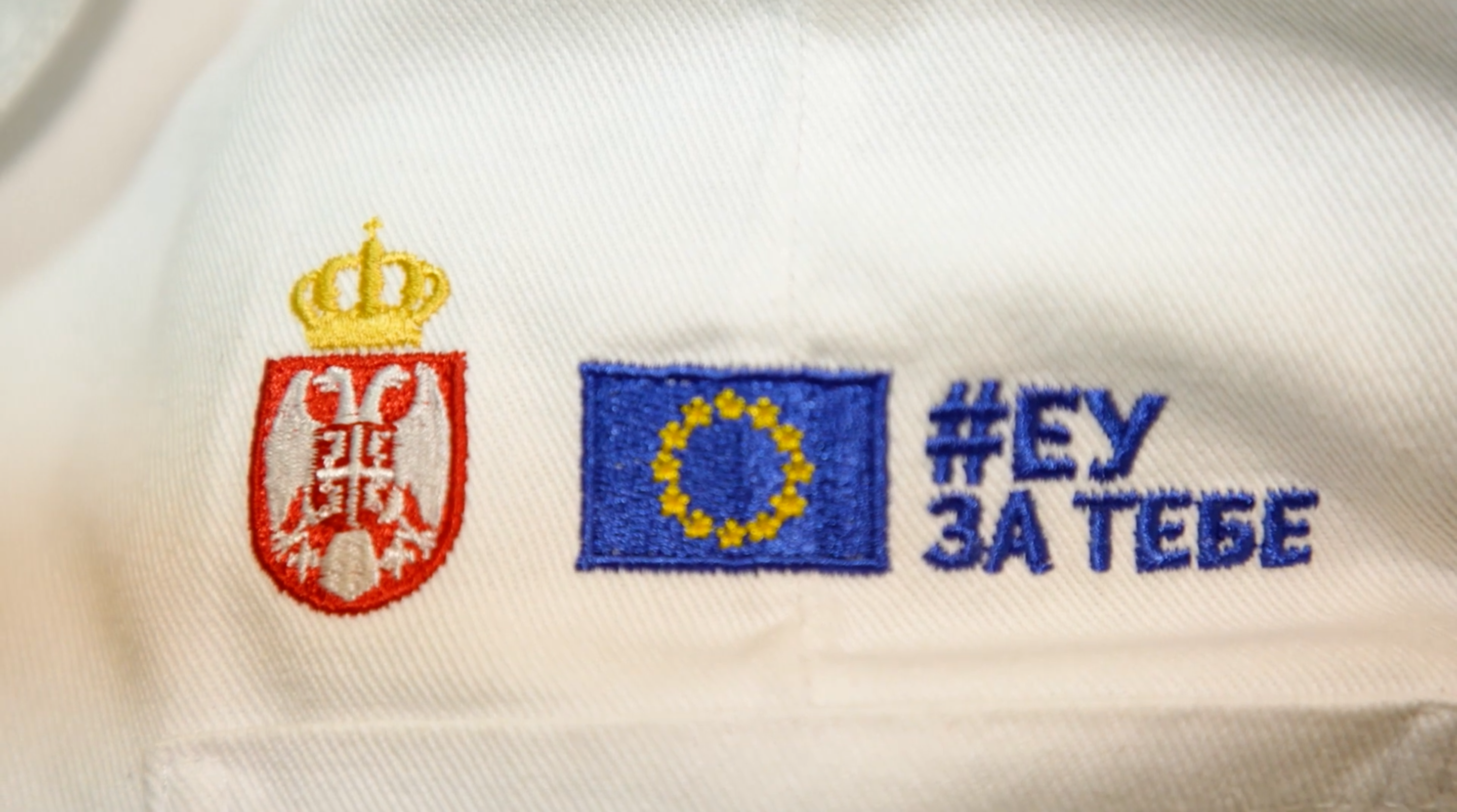“Thanks to the European Union and UNOPS’ programme, I managed to get a job for which I am qualified, to make a further step in my career and study microbiology at the Institute for Public Health in Pancevo. When the Institute for Public Health announced the competition, I didn’t have a job.”
Suzana Trajković MD. is one of the 200 physicians, nurses, and technicians who were unemployed at the beginning of the coronavirus outbreak, but who quickly found themselves helping the national healthcare system fight against COVID-19. When health institutions asked for more staff, the unemployed medical workers responded and initially signed six-month contracts. The European Union financed the hiring of additional medical staff and continued to do so in several subsequent stages of the programme. In total, EU taxpayers’ money was used to pay for the salaries of medical workers and administrative staff for the duration of 15 months. Two hundred of them are deployed in 25 institutions throughout Serbia.
“They helped us a lot,” says Ljiljana Lazic, a physician who has been at the helm of the Institute of Public Health in Pančevo for almost twenty years; Aksentije Tošić MD., director of the Čačak Institute of Public Health, agrees with her.
As of November 2021, these 200 people provided a total of 5,720,813 medical services related to COVID-19 (testing, referrals, contact tracing, hospitalisation, vaccination).
“I was engaged in all stages of fighting against COVID-19 – from receiving samples from the entire South Banat district to the preparation of samples for PCR testing, as well as in the process of PCR testing itself,” said Trajkovic, noting that she will have the opportunity to continue working at the Pančevo Institute once her contract with the EU expires.
She travels to Belgrade from Pančevo for work, but that doesn’t bother her because she loves her job and has amazing colleagues.
“I feel accepted and despite their workload, they still found time to tutor me and supervise my work.”
Her co-worker, Marijana Pejdanović, works as a sanitary-ecological engineer, and this is her first job post in her line of work.
“This job has contributed to my financial stability and my professional development,” says Mariana.
“EU’s help means a lot to us, and I would like to seize this opportunity to thank everyone for their contribution, and I would especially like to thank all on behalf of the health workers who have found jobs as part of this programme,” director Lazić concluded.
Over the past two decades, the EU has equipped hospitals, laboratories, public health institutes and blood transfusion centers and provided a total of 284 fully equipped ambulances for health centers in Serbia, 122 of which are equipped with respirators that are crucial in the fight against Covid 19 .
Generally speaking, the EU has supported Serbia’s entire healthcare network: € 250 million through the European Investment Bank – European Bank – has been used to renovate and build 20 large hospitals across Serbia, including the Torlak Institute, as well as four university clinical centers. in Belgrade, Nis, Novi Sad and Kragujevac, which are key in the fight against the coronavirus.



